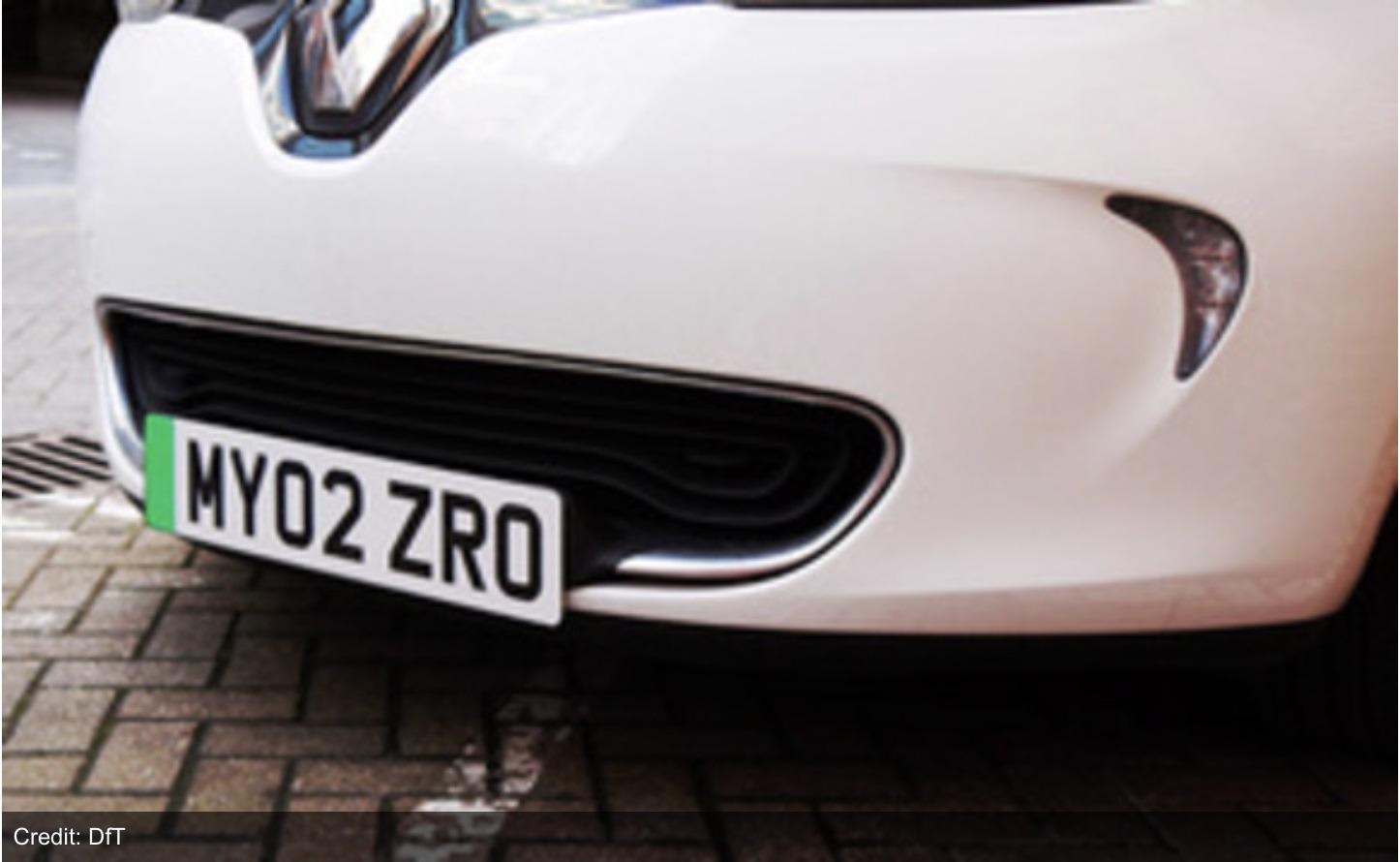Mar 4 2021
With almost three times as many battery-powered cars registered in the first three months of 2020 than in the same period of 2019, the introduction of green number plates for electric vehicles in January 2021, couldn’t have been more timely. The number plates make electric vehicles more easily identifiable as zero emission vehicles, helping local authorities design policies to incentivise people to drive electric. The scheme is part of a wider government initiative to make UK roads greener and aligns with the announcement of 2030 as the new fast-tracked milestone for the end of sales of new petrol and diesel cars and vans.

Image Credit: PayByPhone
Cleaner, greener transport is part of what prime minister Boris Johnson refers to as the ‘green industrial revolution’, which aims to tackle climate change, improve air quality in the UK and pave the road towards Carbon Zero.
Rebecca Maisey, Client Director for global mobile parking payments provider PayByPhone, says, “The green number plates scheme underscores how seriously central and local government are taking air pollution. At PayByPhone, we also see this as crucial, which is why we have announced an upgrade to Emissions, now called Emitless – our flexible emissions-based parking tariff feature. It has been developed for parking operators who want to reward motorists who drive lower emission vehicles that help improve air quality. It provides greater flexibility on parking tariffs with absolute ease.”
For local authorities using the feature, Emitless works by carrying out a DVLA check on a vehicle registration number the first time it is entered into the PayByPhone system. The check pulls out the relevant information about the vehicle. The PayByPhone app then automatically charges the associated tariff agreed by the local authority.
PayByPhone’s Emitless feature was first launched in the Royal Borough of Kensington and Chelsea, in April 2020, with a custom-designed three-tier system: a regular tariff for petrol/hybrid vehicles, a discounted tariff for electric vehicles and a surcharge for diesel vehicles. Since then, the London boroughs of Lambeth, Barking & Dagenham and Hounslow councils have all gone live with PayByPhone’s Emitless.
Andrew Vennard, Head of Parking Services at Royal Borough of Kensington and Chelsea, says, “In April 2020, we linked the costs of our pay-to-park services in RBKC to CO2 emissions because we want to encourage everyone visiting the borough to drive more environmentally friendly cars. By reducing pollution levels, we can all benefit from better local air quality. The work and support from PayByPhone has been instrumental in delivering this ambition. This is the type of smart, green initiative we think will become the new norm for cities around the UK. It’s great to be leading this change.”
Maisey concludes, “Demand for cleaner greener vehicles and accompanying incentives to speed up the transition has gained momentum as concern grows over toxic pollution in built-up areas, with as many as 40,000 premature deaths a year linked to bad air quality. That’s why from January 2021, Emitless now enables tariffs to be set based on all fuel-type and emissions-based criteria, including CO2 emissions and the Euro 6 Standard. The new version also has the option to allow visitors to pay the same emission-based tariffs as residents. As a leader in cashless parking payment technology, we’re committed to being part of the solution for a zero Carbon future. Our Emitless feature is designed to provide incentives to those driving cleaner vehicles and to speed up the adoption of cleaner vehicles ahead of the phase-out of petrol and diesel cars.”